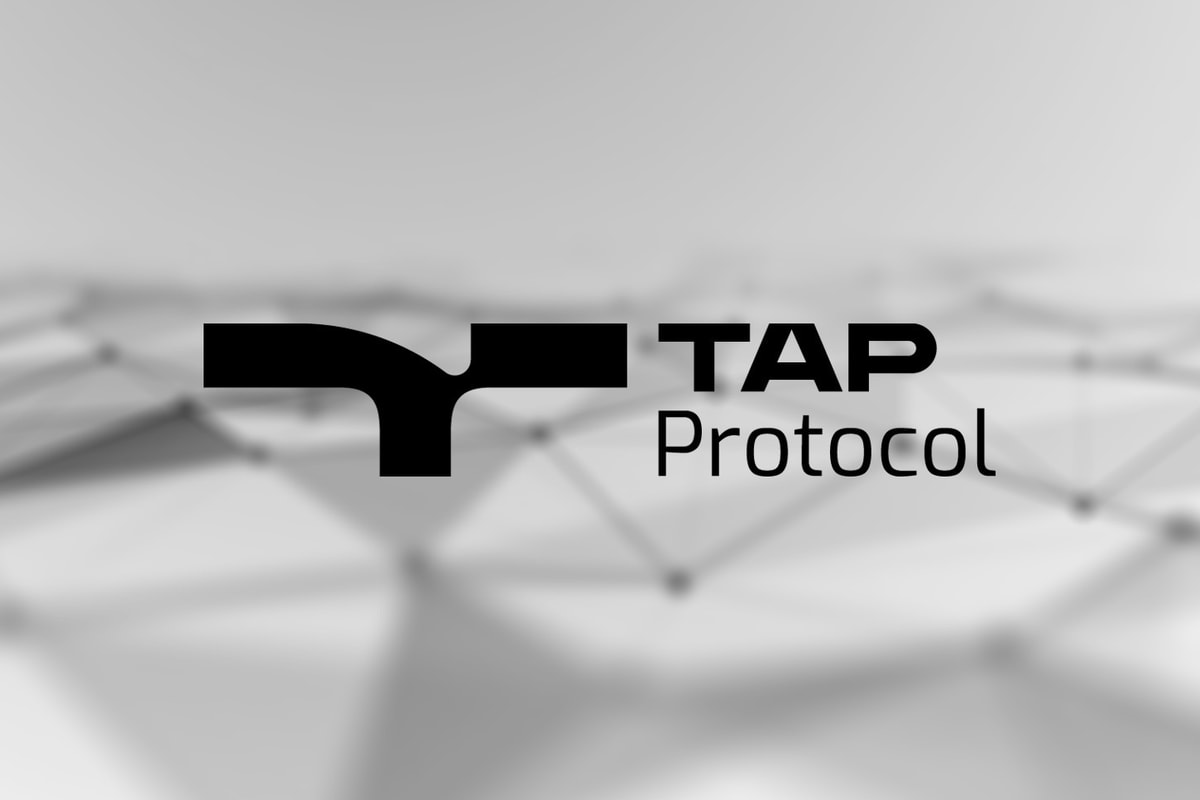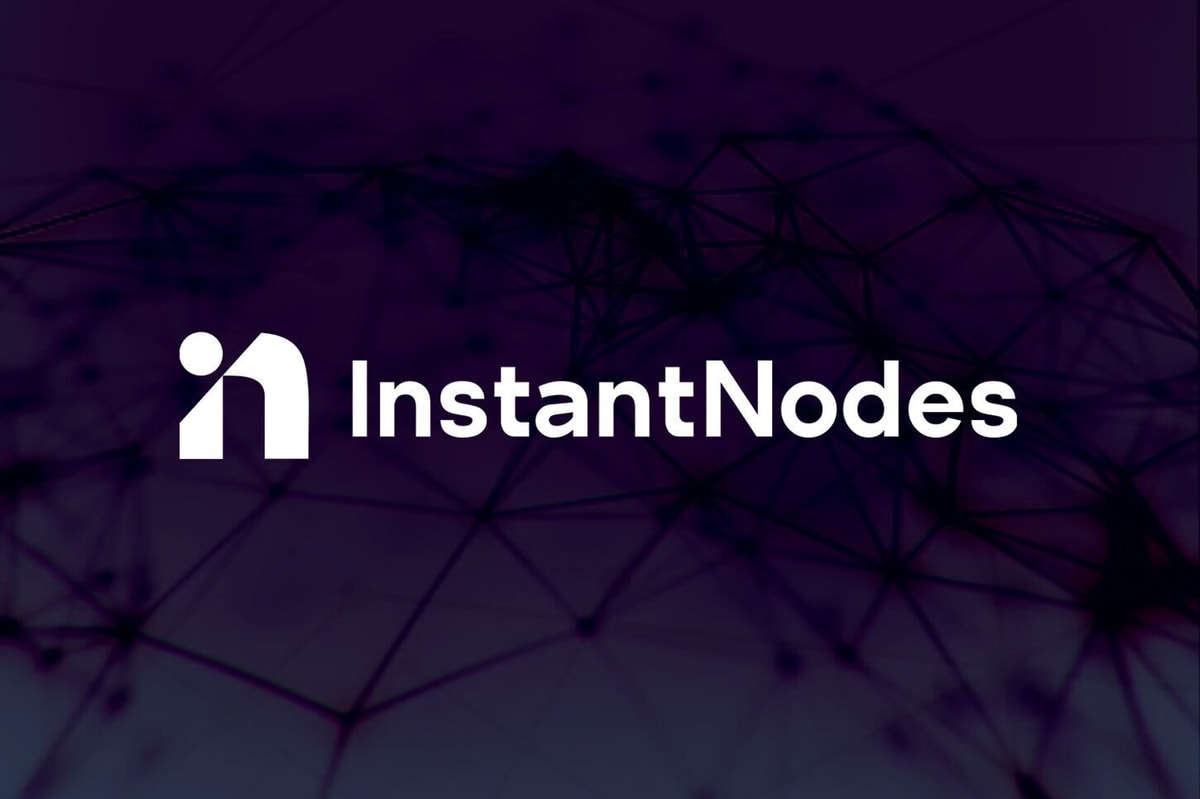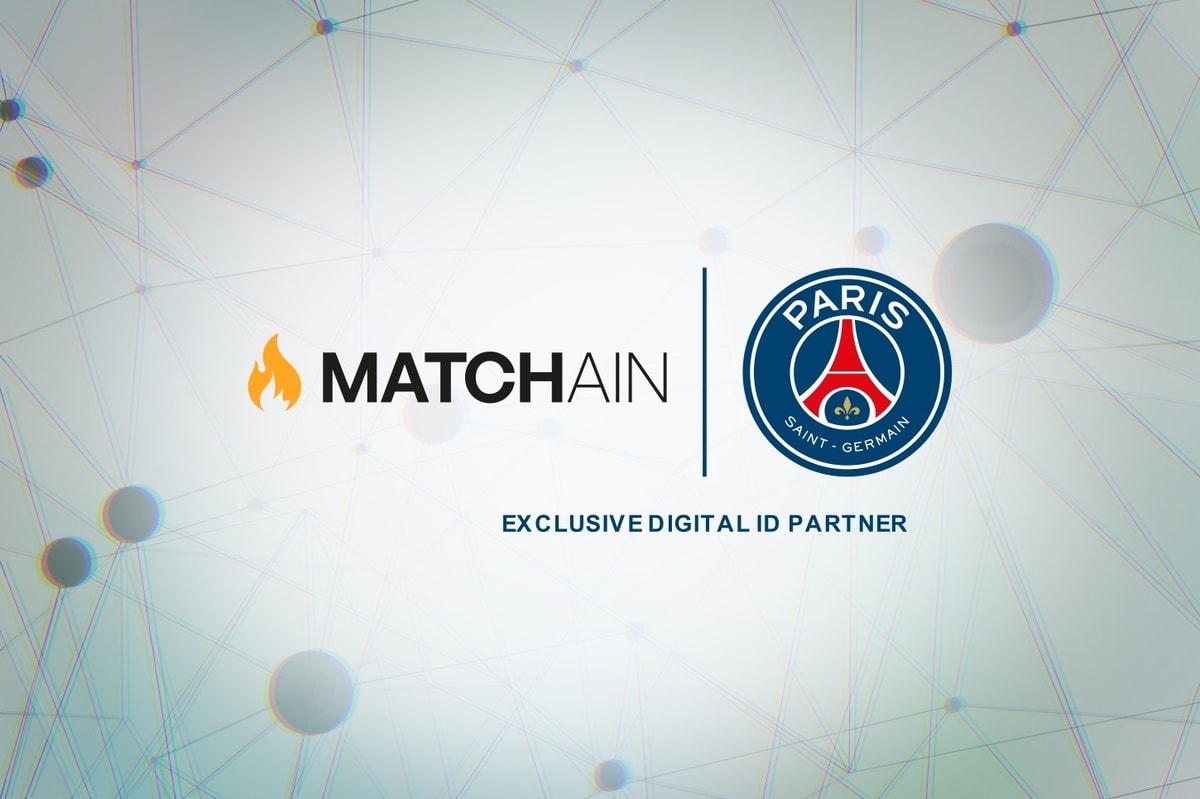Since the release of the Satoshi Bitcoin white paper, blockchain has evolved from an idea discussed within a niche technology geek community into a rapidly growing new industry with real-world application. From electronic money to smart contracts, from on-chain applications to cross-chain atomic swaps, the research and exploration of blockchain technology is moving ahead steadily at pace. Blockchain has become an anchor technology in many industries, including banking, supply chain, copyright protection, digital identity, smart economy, and fintechs. With the development of 5G, AI, internet of things and other technologies, the combination of blockchain technology and other emerging technologies brings boundless potential and imagination to the emerging smart economic society. Since 2017, the investment boom brought by Initial Coin Offerings (ICOs) has brought blockchain into the homes of ordinary people and exposed them to the tremendous wealth potential of the emerging digital asset industry, which has even attracted the attention of traditional financial industry institutions such as Goldman Sachs and J.P. Morgan.
At the beginning of 2018, adhering to the simple concept of “making blockchain investment more simple,” BitCloud gradually upgraded from a simple cryptocurrency trading auxiliary plug-in to a stockbroker type trading tool that can execute price limit, market price, and iceberg entrustment strategy. Now BitCloud has developed into a one-stop digital asset management platform that integrates global payment gateways and intelligent algorithmic trading and is committed to providing customers a seamless and convenient digital asset investment experience. Since the launch of the BitCloud APP, it has provided customers deposit, withdrawal, and algorithmic trading services for over 100 different digital assets, with accumulated transaction amount of over one billion US dollars.
However, with the digital asset market downturn and bear market during the latter half of 2018, the ICO market liquidity dried up, and investors left the market in succession. Despite the brief speculative enthusiasm sparked by Security Token Offerings and Initial Exchange Offerings, the overall market value of the digital asset economy has dropped by 60 percent or 70 percent from its peak. The sudden bear market quickly brought industry growth to a halt. Facing pressure to survive many blockchain projects, media companies, as well as industry-leading exchanges and miners have begun production cuts and layoffs to cope with falling prices. Like the internet bubble of 2000, blockchain, which is regarded as the next generation of the internet, appears to be on the long road of recovery after the bubble burst.
So how will BitCloud survive the bear market, and how will BitCloud adjust its product positioning? What are the real needs of investors? What are the current pain points of blockchain trading?
Referring to the history and evolution of the traditional financial market, today’s digital asset marketplace has gradually consolidated to a small number of centralized trading platforms, supporting a large number of retail investors. Similarly, financial institutions and brokerage service platforms will inevitably appear and assume the role of trading or entrusted trading in place of ordinary retail investors. In the traditional financial industry, institutional investors such as Goldman Sachs and Morgan Stanley set the standard of service within the international financial market. Likewise, the next Goldman Sachs and Morgan Stanley of the blockchain industry is bound to appear within the next decade.
After more than a year of development and accumulation, BitCloud’s thoughts on the future have gathered us to the following four directions:
Payment Channels
Fiat trading is an integral part of the digital asset economy. However, very few platforms globally can provide and support fiat payment channels in a compliant and regulated manner. With the BitCloud platform, customers will be able to provide fiat trading capabilities and offer trading journeys from fiat currencies — to digital assets — to other digital assets. With a Visa/ Mastercard it becomes a payout channel for the reverse trading journey to form a closed loop ecosystem.
Brokerage Tools
Today, there are many common problems in the digital asset marketplace, such as too many exchanges, too many trading pairs, as well as uneven and insufficient liquidity and trading depth.
BitCloud integrates the order books of several mainstream digital currency exchanges, addressing the issue of insufficient trading depth of a single trading pair on a single exchange, thereby enhancing the liquidity of the entire trading process. At the same time, bank-grade trading algorithms can intelligently match orders with the best market price across numerous exchanges, realizing the arbitrage effect of “buy low, sell high” for investors.
Professional Investors
Among the current numerous trading platforms, market orders and price limit orders only provide the most basic method for investors to place trades. However, for institutional investors or Bitcoin whales, large orders will often increase price movement, thus affecting their transaction costs. When placing price limit orders, it is easy to tip-off the market allowing other professional investors or institutions to perceive the order depth of the exchange thus preventing investors from executing their orders successfully. BitCloud’s algorithmic trading offers iceberg orders, which allows investors to divide large single orders into smaller limit orders. By masking large order sizes, an iceberg order reduces the price movements caused by substantial changes in a digital asset’s supply and demand thereby avoiding the above two problems. This provides professional and institutional investors with more flexible trading solutions.
Asset Management
The liquidity and volatility of the digital asset marketplace will naturally attract the attention of traditional financial institutions and institutional investors, to include these assets in their alternative and emerging asset class portfolios. With more and more index funds and ETF products offered in the market, digital assets as an asset class will become more accessible to the general public investment and increasingly important asset allocation to their portfolios. Due to the mismatch between supply and demand, information asymmetry, risk preferences, and other factors, investors who lack trading experience tend to entrust their investments to professional asset managers in order to maximize investment return and minimize risk. From the perspective of the general public, asset management enables retail investors with lesser assets to independently choose reliable institutions to manage and increase the value of their investments. BitCloud maximizes resource utilization by building a bridge of trust between institutional investors and retail investors.
BitCloud Strategy and Roadmap
Relying on our OTC market and payment channels, as well as the “buy low, sell high” cross-platform arbitrage strategy of intelligent algorithmic trading, BitCloud customers are able to deposit fiat, trade digital assets, and withdraw fiat all within a closed loop ecosystem.
Looking back at the historical trading charts of digital assets, the overall market cap of digital asset economy, although low, is still substantially higher than the market cap of the same period in history.
Hope is always bred in desperation. While the blockchain industry is still groping its way forward in the dark, numerous news developments in 2019 indicate a new direction for the industry. International banking giant J.P. Morgan has issued their own stable coin currency, the Nasdaq Stock Exchange has started to publish Bitcoin and Ethereum indexes, Philippines Central Bank has issued several Digital Asset Exchange licenses; regulators, government agencies, and institutional investors have all started to step into the digital asset arena. This demonstrates the positive forward momentum of the blockchain industry despite the head winds faced with the current bear market.
The BitCloud team expects that, with the increasing popularity of digital assets amongst retail investors, the introduction of institutional capital to the marketplace, as well as the wider adoption of blockchain technology within society, the future of the digital asset economy is bright, and the return of the bull market is within sight.
Website: https://bitcloudpro.com
Twitter: https://twitter.com/bitcloudpro
Telegram: https://t.me/bitcloudpro
Medium: https://medium.com/@bitcloudpro











